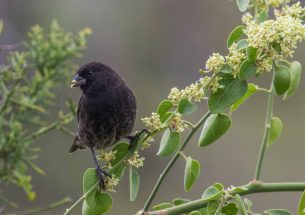News and Opinion
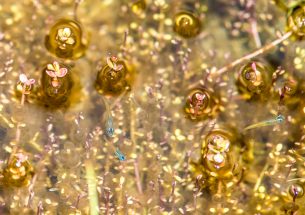
Conservation translocation: trade-offs for species survival and biodiversity
READ MORE about Conservation translocation: trade-offs for species survival and biodiversity
Lava flows tell 600-year story of biodiversity loss on tropical island
READ MORE about Lava flows tell 600-year story of biodiversity loss on tropical island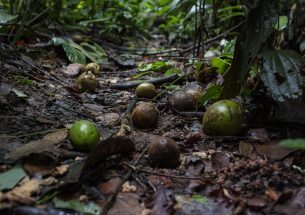
Amazon forest disturbance is changing how plants are dispersed
READ MORE about Amazon forest disturbance is changing how plants are dispersed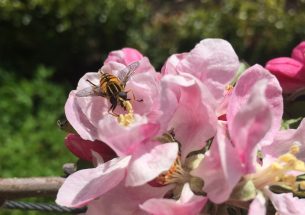
Call for policy makers to protect pollinators
READ MORE about Call for policy makers to protect pollinators
New software program could boost protections for animals on the move on land and at sea
READ MORE about New software program could boost protections for animals on the move on land and at seaNew study: are teen seabirds safe?
READ MORE about New study: are teen seabirds safe?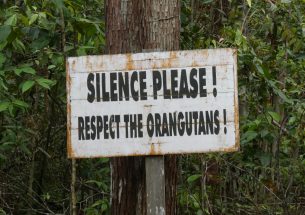
Closer scientific collaboration needed to save orangutan, say leading experts
READ MORE about Closer scientific collaboration needed to save orangutan, say leading expertsFish species benefit from marine protection to varying extents – common and exploited species profit most
READ MORE about Fish species benefit from marine protection to varying extents – common and exploited species profit most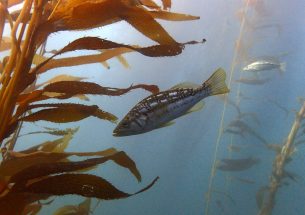
CSUN study demonstrates marine protected areas are most effective in overfished areas
READ MORE about CSUN study demonstrates marine protected areas are most effective in overfished areas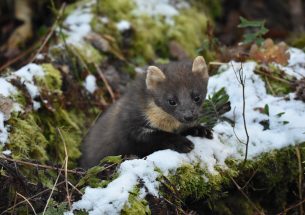
Northern Ireland’s recovering pine marten population benefits red squirrels, but the urban grey squirrel poses a problem
READ MORE about Northern Ireland’s recovering pine marten population benefits red squirrels, but the urban grey squirrel poses a problem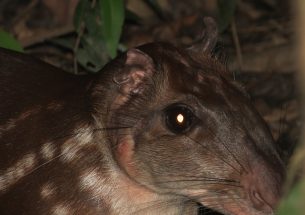
Local traditional knowledge can be as accurate as 10 years of scientific transect monitoring of animal abundance in the Amazon
READ MORE about Local traditional knowledge can be as accurate as 10 years of scientific transect monitoring of animal abundance in the Amazon
Participation in citizen science camera trap project dramatically increased school children’s knowledge of UK mammals
READ MORE about Participation in citizen science camera trap project dramatically increased school children’s knowledge of UK mammals
How to handle ‘moving targets’ in the face of climate change
READ MORE about How to handle ‘moving targets’ in the face of climate change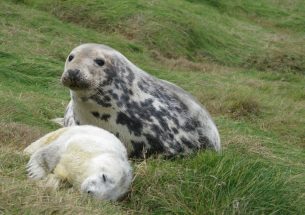
Scientists develop new method to estimate seal breeding frequency
READ MORE about Scientists develop new method to estimate seal breeding frequency